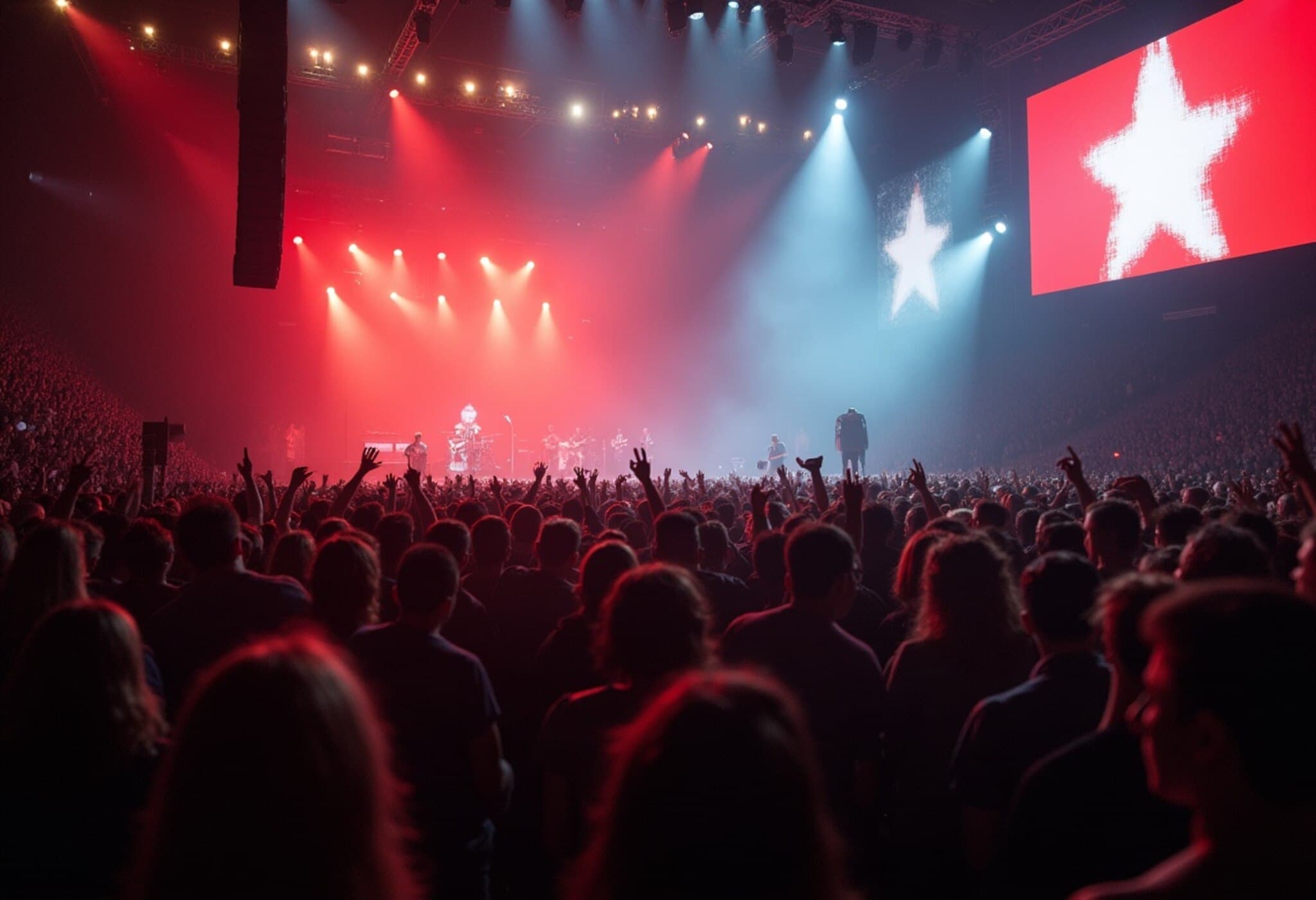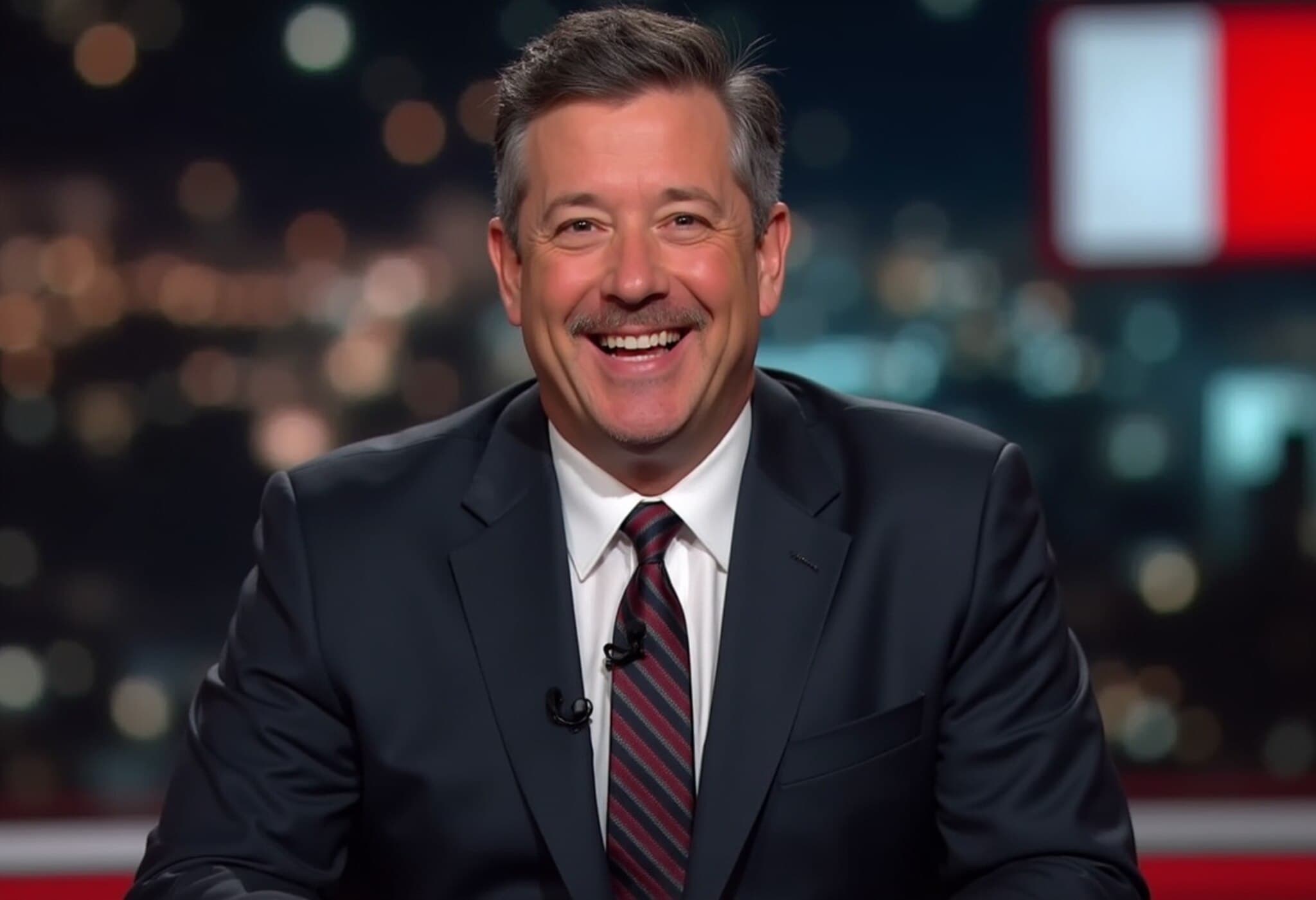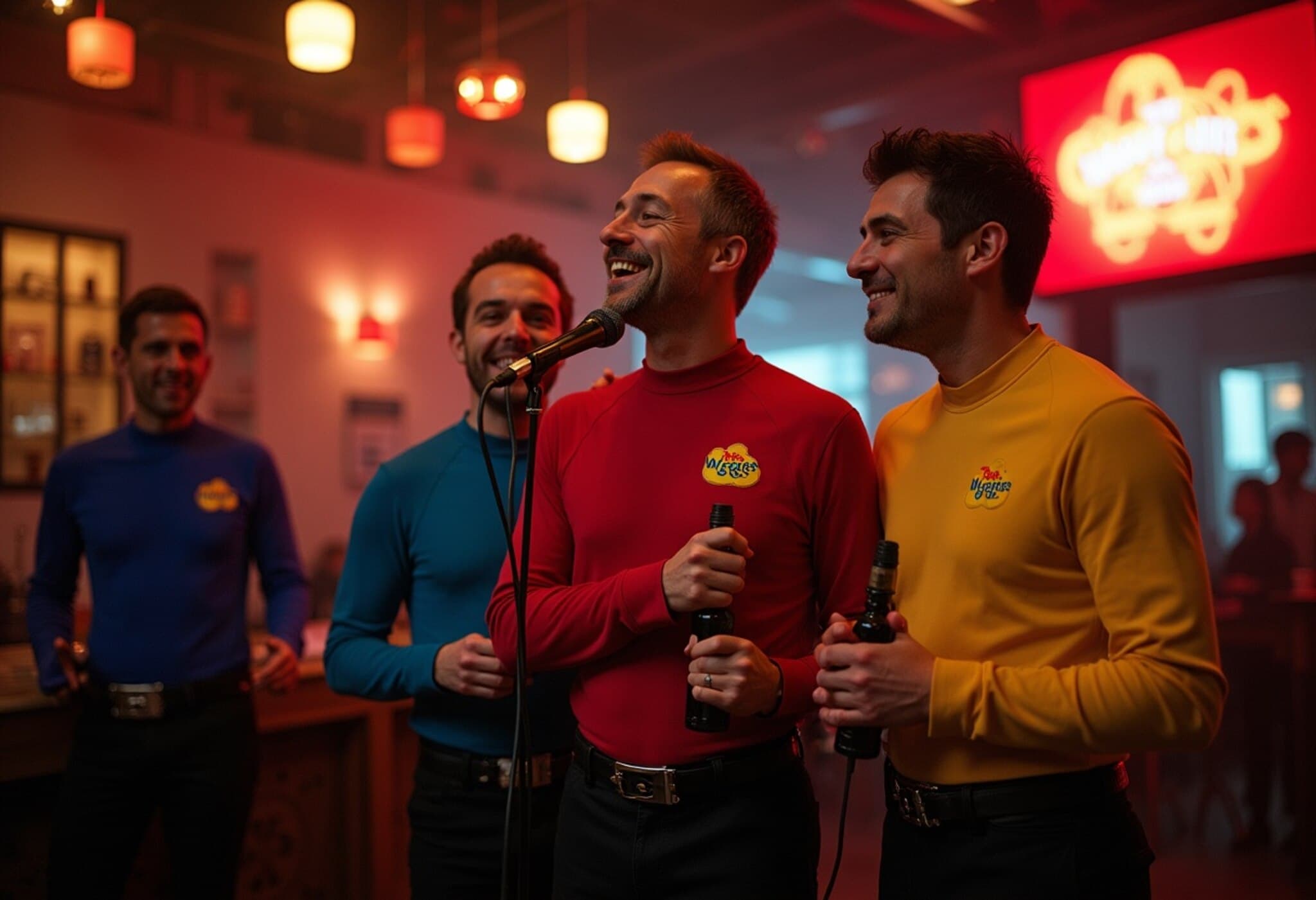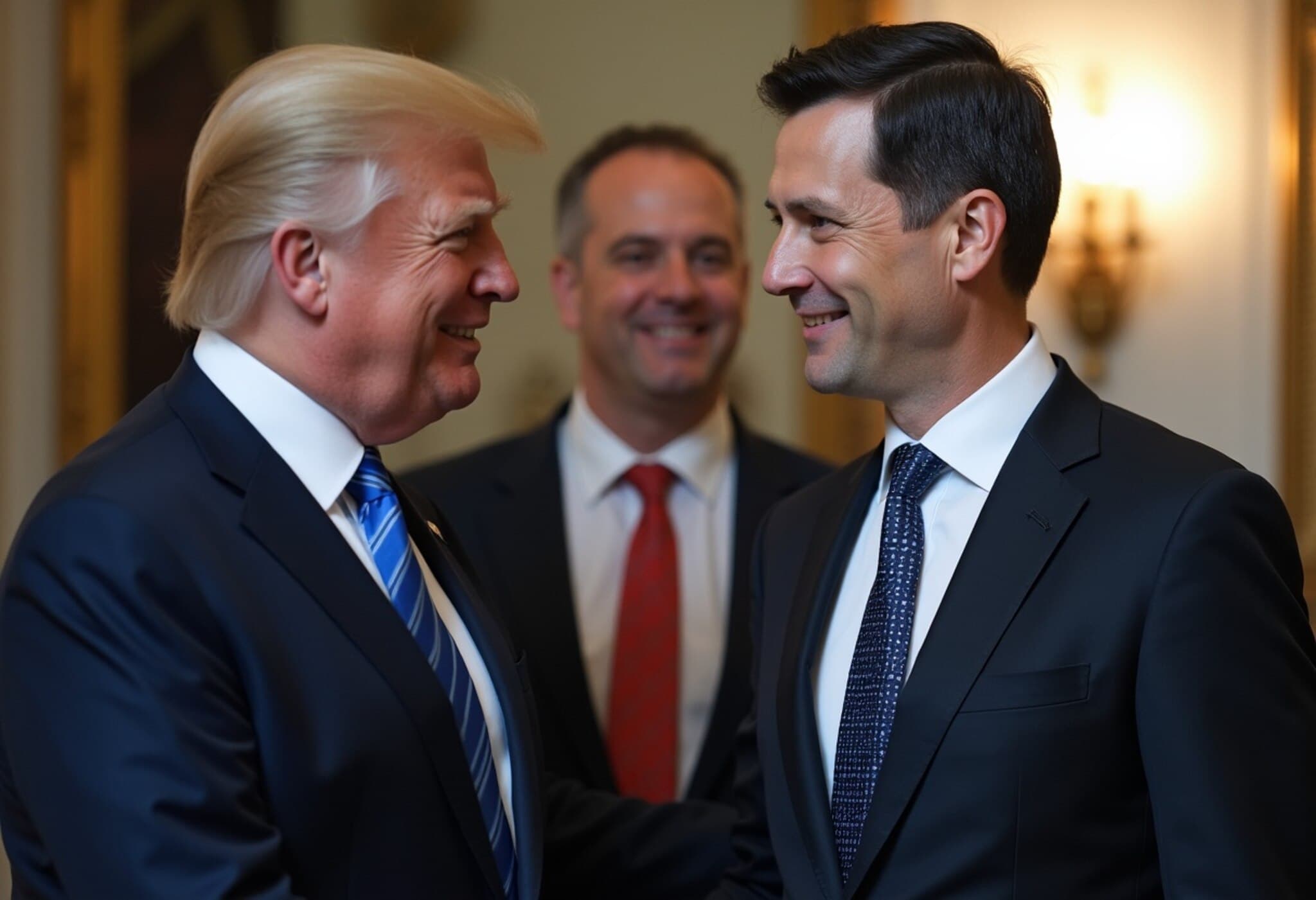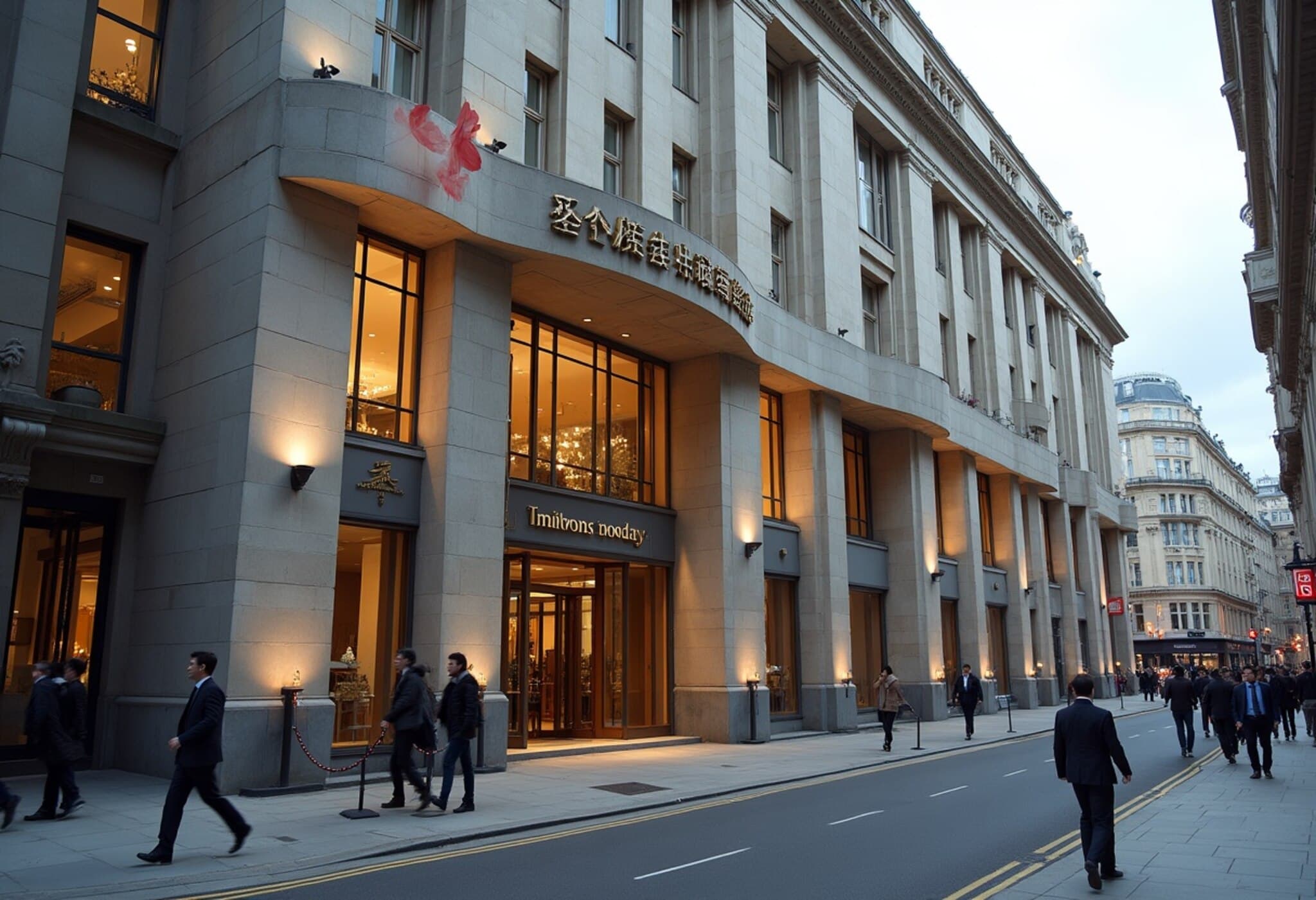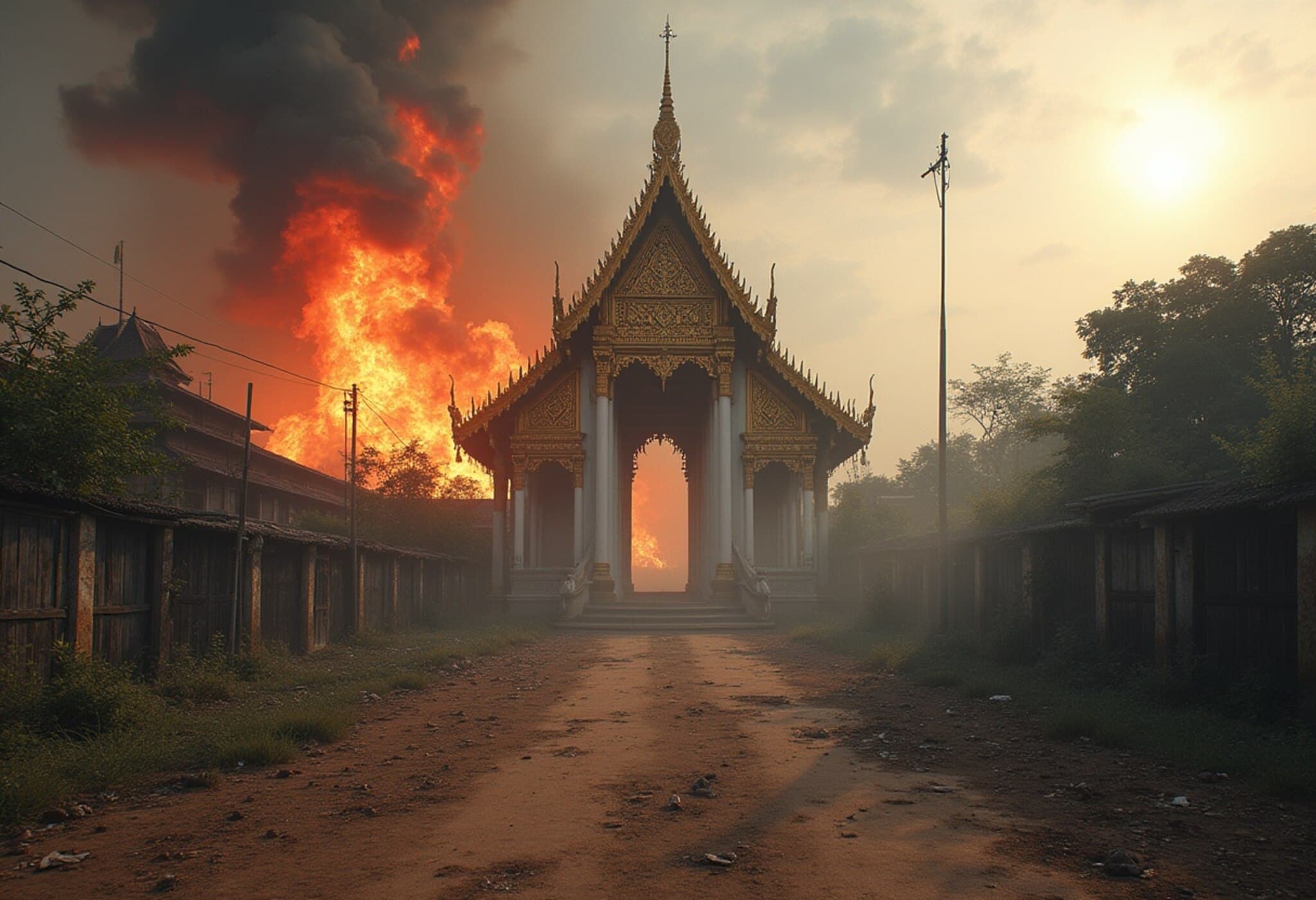Fatal Incident Mars Oasis Concert at Wembley Stadium
In a heartbreaking moment during Oasis' eagerly awaited return to the stage after 16 years, a man in his 40s tragically lost his life after falling from the upper tier of London's iconic Wembley Stadium. The incident occurred near the conclusion of the band's Saturday night performance, sending shockwaves through the audience and the wider music community.
Details on the Accident
The Metropolitan Police and emergency services swiftly responded to reports of the injured individual just before 10:30 PM BST. Upon arrival, paramedics found the man with injuries consistent with a significant fall. Despite their urgent efforts, the man was pronounced dead at the scene.
According to witness accounts, including one shared with the London Telegraph, what initially appeared to be a falling coat turned out to be the man plunging from an upper tier. The eyewitness described the fall as "big" and expressed deep sorrow and disbelief over the tragic accident.
Band and Authorities React
Oasis, Britpop icons known for their massive influence on the 1990s music scene, released a statement expressing they were "shocked and saddened" by the event. The band extended their heartfelt condolences to the family and friends affected by the tragedy, underscoring the profound impact it had on the music community.
The Metropolitan Police noted that numerous attendees either witnessed the fall or may have unknowingly recorded it on mobile phones, underscoring the challenges law enforcement faces in handling such sensitive situations amid large crowds.
Context: Oasis' Legendary Return and Concert Safety Concerns
This fatality casts a somber shadow over Oasis' first tour in over a decade and a half, which began in July in Cardiff and is scheduled to include seven shows at Wembley Stadium alone. The incident raises pressing questions regarding crowd safety protocols at large-scale events, particularly in historic venues such as Wembley.
While Wembley Stadium management confirmed that the scheduled concert on Sunday would proceed as planned, this tragedy spotlights the delicate balance between hosting major cultural events and ensuring rigorous safety measures for tens of thousands of attendees.
Expert Insight: What This Means for Live Music Events in the UK
Music event safety expert Dr. Laura Simmons emphasizes that "Incidents like this are a grim reminder that crowd dynamics and structural safety need continuous reassessment, especially during high-profile shows." She notes that the injury could prompt more stringent regulations or safety audits at venues, ensuring that all safety barriers and crowd control measures meet the highest standards.
Additionally, the emotional toll on fans and artists alike cannot be understated. Oasis’s return has been emblematic of cultural nostalgia and celebration, making this tragedy particularly poignant for the music community.
Looking Ahead: Support Systems and Legal Considerations
If investigations reveal any negligence or failure in safety procedures, legal scrutiny will likely follow, potentially influencing future event licensing and insurance policies. Meanwhile, mental health and crisis support services for witnesses and attendees may become a critical focus given the traumatic nature of such an event.
Key Takeaways
- Fatal fall during Oasis concert at Wembley on August 3, 2025
- Victim, a man in his 40s, pronounced dead on scene
- Oasis expresses shock and condolences; concert series continues
- Authorities investigating circumstances and reviewing footage
- Raises urgent questions about event safety at large venues
Editor’s Note
The return of Oasis has been a much-anticipated cultural moment, yet the tragic loss of a fan underscores the vital importance of safety and vigilance at crowded live events. As the UK grapples with the balance between legacy entertainment and public welfare, this incident offers a somber prompt for stakeholders—from venue managers to policymakers—to reassess how we protect attendees while celebrating communal experiences. How can future concerts honor the spirit of live music without compromising on safety? Readers are encouraged to reflect on this question as the investigation unfolds.

